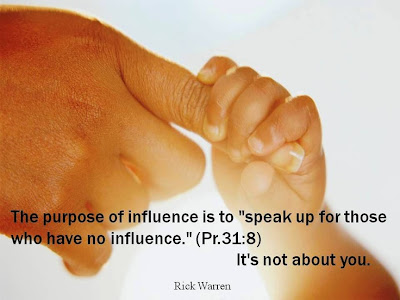The One Thing in Leadership
One can find in small moments of many movies a level of absolute truth. There's a thirty-second sequence below in City Slickers (1991) with Bill Crystal and Jack Palance that fits as one example.
We all need to find that one thing in ourselves, as well as those with similar passions who we can collaborate and innovate with. When it comes to leadership though and the thousands of studies, published research and books on the subject, the one thing is trust.
If you're not familiar with the full range of leadership model(Avolio, 1999; Bass & Riggio, 2006) this graphic from my presentation last year at the Midwest Academy of Management in Omaha gives the basic concept. These are basic definitions only.
Laissez Faire is simply hands off managers who pretty much ignore the team.
Management by exception (MBE) in either its' passive or aggressive form isn't much better, taking an active role only when there's perceived errors.
Transactional leadership is the beginning of relationship and trust as followers earn rewards contingent upon performance.
Servant leadership and transformation leadership are very close to each other, seperated by copyright and terminology (with apologies to the Robert Greenleaf Center, Robert Burns, and Bruce Avolio/Bernard Bass). In either case, there is a leadership focus on serving followers; providing a clear vision and motivation; paying attention to their needs, helping them increase their skills; and exhibiting a high level of ethics and values as an example. In short, putting the needs of your team ahead of yourself, so that they may put the needs of the organization and the stakeholders ahead of themselves.
One can not lead an organization, team or small group effectively if there is no trust though we seem to have too many individuals in this country trying to. Take a look at American ratings of congress at the moment as an example if you want.
Here's the wonderful thing about human beings though. Many of us have the ability to forgive transgressions and provide a second chance to restore faith as followers in a leaders ability to do what is right. Not all of us, as I know some folks in their mid 40's who still harbor anger for things that happened when they were 12, let alone last year. But must of us are willing to give grace because at one point or another we've needed that same grace extended to us.
So regardless of where your organization, staff or team is today on a trust scale and how they feel, and then behave with regards to you, there is an opportunity to build slowly a level of trust which is essential in turbulent markets. Trust can increase productivity, organizational citizenship behavior, innovation and adaptability in stable conditions as well. And not just because you're signing the paycheck.
Made some mistakes? Don't we all. Go fix them, and start individually finding out what your team's goals and dreams are so you can see where there's alignment with the organization. And for God's sake, don't make promises you can't keep and follow through on your commitments.
You'll be amazed at how much easier life becomes when integrity, honesty and commitment are demonstrated from the top of the organizational chart and deviances aren't accepted. Consider Peter Drucker (regularly):
"Management is doing things right; leadership is doing the right things."
"Most of what we call management consists of making it difficult for people to get their work done."
"Meetings are a symptom of bad organization. The fewer meetings the better."
See the video from Jason Fried from Ted Talks below because extensive research has yet to prove Drucker wrong.





Comments
Post a Comment
Thank you for sharing your worldview.